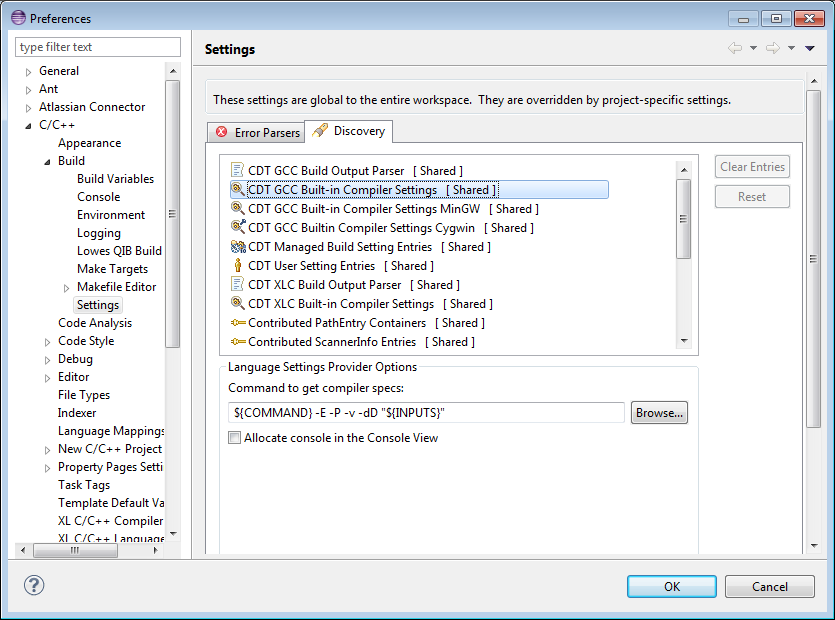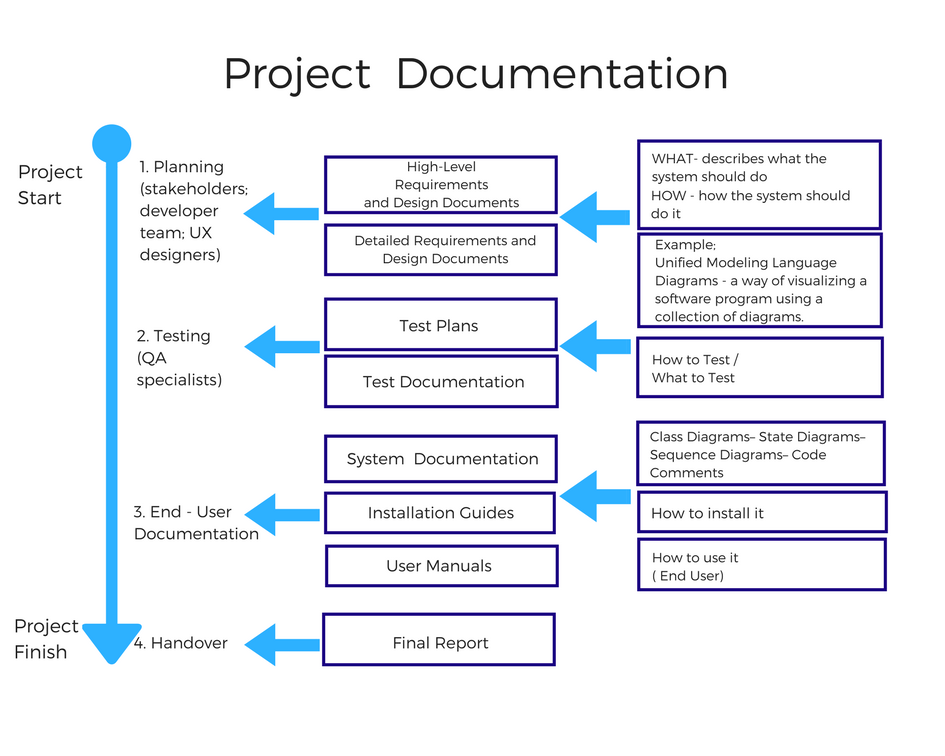Feb 13, 2018 So webpack 4 added a mode option. And it's required. (Actually it's not required but it will warn you if you omit it.) webpack 4 now ships with two sets of defaults. Development and production.
- C Conditional Compile For Dev Vs Production Key
- C Conditional Compile For Dev Vs Production Program
- C Conditional Compile For Dev Vs Production 1
- Meet the Compilers. We aim to test the most commonly available C/C compilers. To be considered as a candidate for our test, the compiler must. Be listed on the Wikipedia list of C/C compilers, compile for the x86-64 architecture, be available for Linux platforms, be under active development.
- Jul 18, 2008 We've tried researching Debug mode vs. Release mode but have been unable to find any concrete information on which one is better, which one should be used in production and why, if Debug in production is good or bad, etc. So, we're posting the question(s) here: - Should we compile in Release mode for a production release and why?
The -define option defines name as a symbol in all source code files your program.
Syntax
Arguments
name, name2
The name of one or more symbols that you want to define.
Remarks
The -define option has the same effect as using a #define preprocessor directive except that the compiler option is in effect for all files in the project. A symbol remains defined in a source file until an #undef directive in the source file removes the definition. When you use the -define option, an #undef directive in one file has no effect on other source code files in the project.
You can use symbols created by this option with #if, #else, #elif, and #endif to compile source files conditionally.
-d is the short form of -define.
You can define multiple symbols with -define by using a semicolon or comma to separate symbol names. For example:
The C# compiler itself defines no symbols or macros that you can use in your source code; all symbol definitions must be user-defined.
Note
The C# #define does not allow a symbol to be given a value, as in languages such as C++. For example, #define cannot be used to create a macro or to define a constant. If you need to define a constant, use an enum variable. If you want to create a C++ style macro, consider alternatives such as generics. Since macros are notoriously error-prone, C# disallows their use but provides safer alternatives.
To set this compiler option in the Visual Studio development environment
Open the project's Properties page.
On the Build tab, type the symbol that is to be defined in the Conditional compilation symbols box. For example, if you are using the code example that follows, just type
xxinto the text box.
For information on how to set this compiler option programmatically, see DefineConstants.
Example
See also
-->In conditional compilation, particular blocks of code in a program are compiled selectively while others are ignored.
For example, you may want to write debugging statements that compare the speed of different approaches to the same programming task, or you may want to localize an application for multiple languages. Conditional compilation statements are designed to run during compile time, not at run time.
You denote blocks of code to be conditionally compiled with the #If...Then...#Else directive. For example, to create French- and German-language versions of the same application from the same source code, you embed platform-specific code segments in #If...Then statements using the predefined constants FrenchVersion and GermanVersion. The following example demonstrates how:
If you set the value of the FrenchVersion conditional compilation constant to True at compile time, the conditional code for the French version is compiled. If you set the value of the GermanVersion constant to True, the compiler uses the German version. If neither is set to True, the code in the last Else block runs.
C Conditional Compile For Dev Vs Production Key
Note
Autocompletion will not function when editing code and using conditional compilation directives if the code is not part of the current branch.
Declaring Conditional Compilation Constants
You can set conditional compilation constants in one of three ways:
In the Project Designer
At the command line when using the command-line compiler
In your code
Conditional compilation constants have a special scope and cannot be accessed from standard code. The scope of a conditional compilation constant is dependent on the way it is set. The following table lists the scope of constants declared using each of the three ways mentioned above.
| How constant is set | Scope of constant |
|---|---|
| Project Designer | Public to all files in the project |
| Command line | Public to all files passed to the command-line compiler |
#Const statement in code | Private to the file in which it is declared |
| To set constants in the Project Designer |
|---|
| - Before creating your executable file, set constants in the Project Designer by following the steps provided in Managing Project and Solution Properties. |
| To set constants at the command line |
|---|
- Use the -d switch to enter conditional compilation constants, as in the following example:vbc MyProj.vb /d:conFrenchVersion=–1:conANSI=0No space is required between the -d switch and the first constant. For more information, see -define (Visual Basic). Command-line declarations override declarations entered in the Project Designer, but do not erase them. Arguments set in Project Designer remain in effect for subsequent compilations. When writing constants in the code itself, there are no strict rules as to their placement, since their scope is the entire module in which they are declared. |
| To set constants in your code |
|---|
| - Place the constants in the declaration block of the module in which they are used. This helps keep your code organized and easier to read. |


Related Topics
C Conditional Compile For Dev Vs Production Program
| Title | Description |
|---|---|
| Program Structure and Code Conventions | Provides suggestions for making your code easy to read and maintain. |

